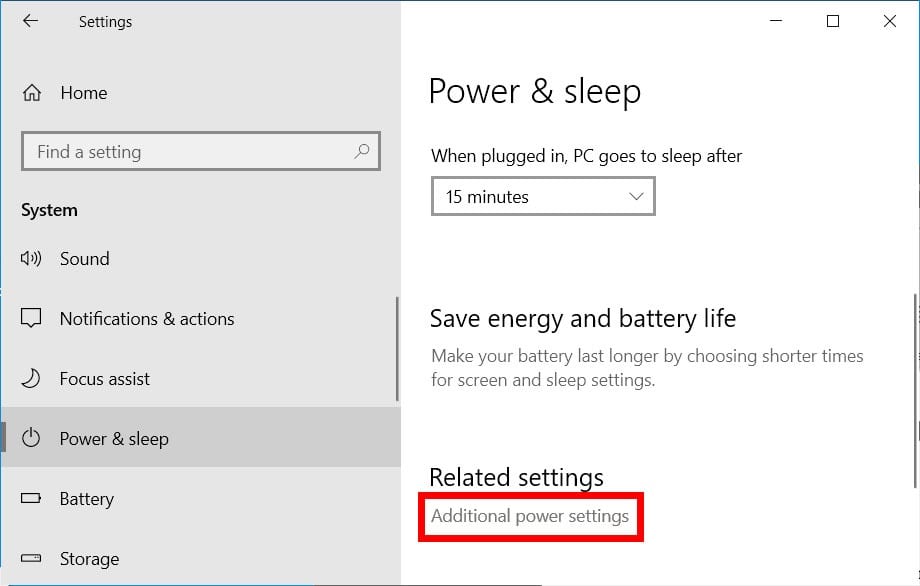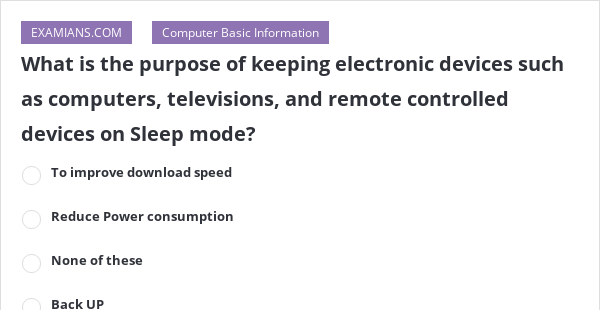

Generally, the sleep mode in Windows 10 is enabled by default.

This is especially true if you left the system without locking it first. More often that not, however, changing these settings will do the trick.Enabling the sleep mode in Windows 10 not only saves the overall power consumption but might also protect your system from unauthorized use. There may also be some situations where even after tweaking settings your USB ports won't supply power.

You may not want to change this setting on all your USB hubs and instead go with just one or two. Now, when the PC is in sleep mode, you'll still be able to charge your devices. Click the Power Management tab and uncheck Allow the computer to turn off this device to save power. Right-click one of the hubs and select Properties. You may see one or several labeled USB Root Hub (xHCI). When the listing expands, look for the items marked USB Root Hub. In Windows 10, you do that by right-clicking Start and selecting Device Manager.Ĭlick on the section that says Universal Serial Bus Controllers.

To change your USB port's power settings, you need to open the device manager. You may find that several USB ports-typically colored yellow-already do this, and even supply power when the computer is completely shut down. Before you change anything, however, you should verify that your USB ports don't supply power when the computer is asleep. A better solution is to make one tweak in your PC's settings to ensure that your charge-friendly USB ports are still supplying power when your PC goes to sleep. One solution is to tell your computer to never go to sleep so your devices can continue charging, but that will waste a heck of a lot of power. The only problem is that if your PC goes to sleep, your charging capability often does too. Many people charge their portable devices via PC's USB ports.


 0 kommentar(er)
0 kommentar(er)
